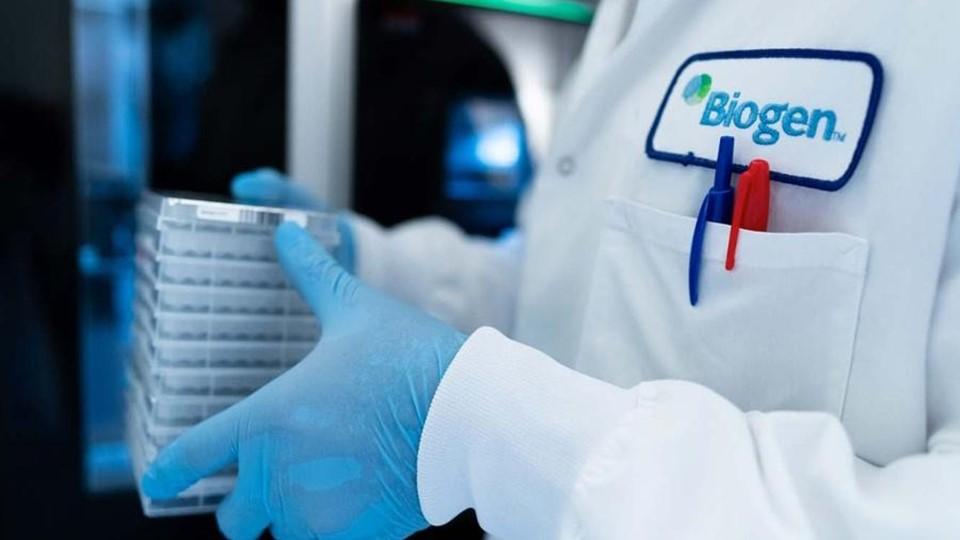GSK turning a corner as sales, profits forecasts rise

GSK chief executive Emma Walmsley
GSK looks like it is starting to show the benefit of a revamp of its business under chief executive Emma Walmsley, with recent product launches driving a 10% rise in sales in the first quarter of this year.
A good performance by its HIV business, as well as respiratory syncytial virus (RSV) vaccine Arexvy and myelofibrosis therapy Omjjara/Ojjaara (momelotinib) – both launched within the last 12 months – helped lift the company’s revenues to £7.4 billion ($9.2 billion) in the three-month period and prompted an increase in its financial guidance for the full year.
GSK now expects core profits to rise by 9% to 11% this year, up from an earlier prediction of 7% to 10%, with a sales increase at the top end of its previous 5% to 7% range.
Top-selling vaccine Shingrix for shingles also did well, growing 13% to £2.3 billion, while Arexvy contributed £182 million and Omjjara added £52 million, the latter way ahead of analyst expectations thanks to a wider-than-expected label granted by the FDA last September.
The pharma group has also had a productive spell for its R&D pipeline, seen as a weakness for some time, with positive late-stage trial results for gepotidacin in uncomplicated urogenital gonorrhoea, long-acting HIV therapy Cabenuva (cabotegravir/rilpivirine) in people struggling to adhere to current treatment, Jemperli (dostarlimab) in endometrial cancer, and Blenrep (belantamab mafodotin) in multiple myeloma.
“These, together with other R&D achievements, mean we have strengthened prospects for growth in all of our key therapeutic areas this quarter: infectious diseases, HIV, respiratory/immunology, and oncology,” said Walmsley.
The turnaround will help to alleviate fears about GSK’s ability to handle the loss of patent protection to key HIV therapy dolutegravir from 2028 onwards, starting in the US. Products containing the drug, sold by GSK’s majority-owned ViiV Healthcare unit, contributed £1.3 billion in the quarter.
Earlier this week, ViiV also revealed that, over the last 10 years, 24 million people with HIV in low- and middle-income countries had been able to receive treatment with more than a billion packs of dolutegravir-based medicines thanks to licensing agreements with the Medicines Patent Pool and generic drugmaker Aurobindo Pharma.
One shadow still lingering over GSK, however, is ongoing litigation claiming that its Zantac (ranitidine) gastrointestinal product caused cancer in patients. The company has won some early rounds in its defence against those allegations and settled at least one other case, but hearings are due to start this week for a pivotal jury trial in Chicago, which also names Boehringer Ingelheim as a defendant.
Analysts have previously suggested that GSK may have to pay billions to settle the thousands of pending Zantac cases in the US.












